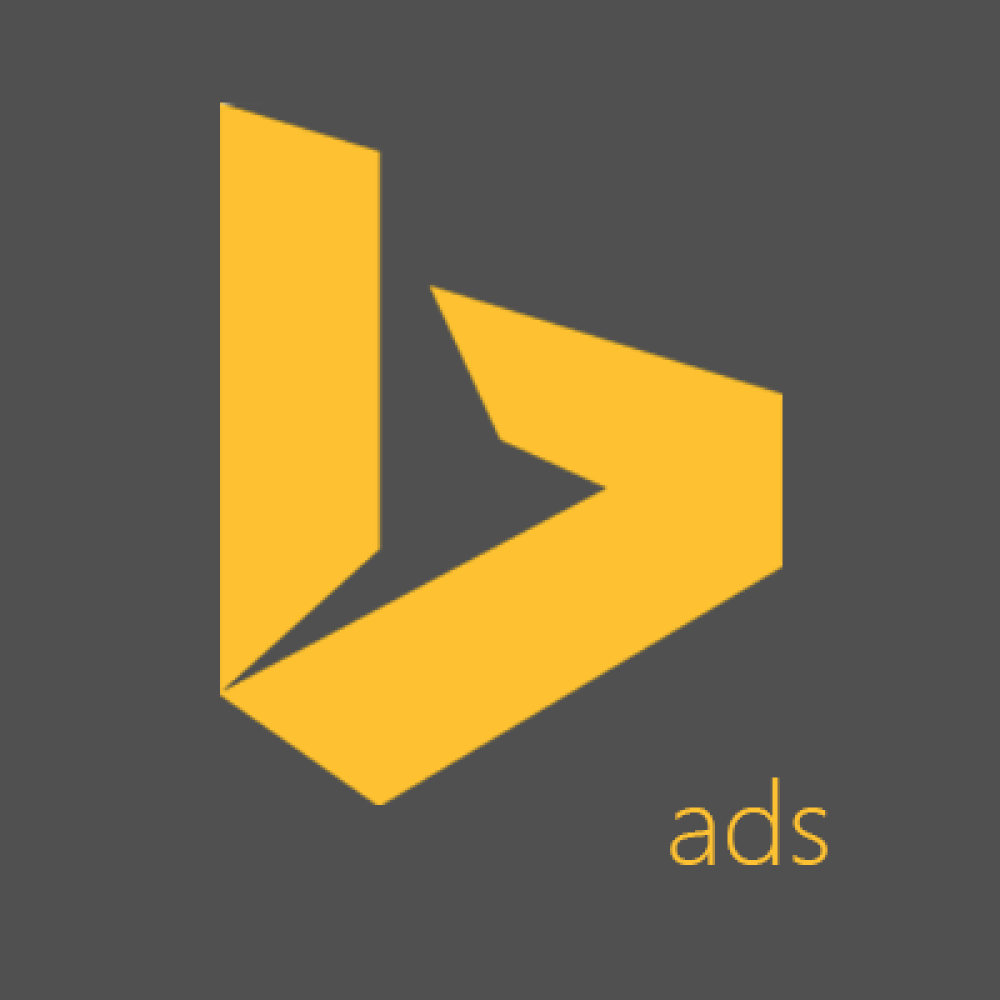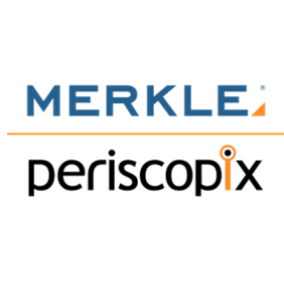How To Get More Bing For Your Buck
02 Feb 2016

So you're using product ads on Bing but aren't really sure if they're working as well as they should. You know that shopping campaigns work well on Google AdWords and you love that you can optimise at brand & product level as well as seeing performance based on custom labels. The hierarchy view is a dream and saves you so much time when changing bids and ads - if only it was all available on Bing ads... Well, now it is!
Last year, Bing announced that they would be launching shopping campaigns as a beta, similar to those that are available on Google AdWords. This feature has been live in the US since July, but is now being rolled out to everyone across the pond here in the UK, and also in France and Australia.
Bing had previously supported product ads, but the new feature allows advertisers to analyse their performance on a much more granular scale, as well as offering the opportunity to split the campaign into a hierarchy view with attributes coming from columns in the merchant center feed. Shopping campaigns often outperform basic search ads as users can see a product image and price in the search results. This makes the ad highly engaging with click through and conversion rates often being higher - improving quality score, lowering average CPCs and maximising your ROI.
Setting Up
In order to set up a Bing shopping campaign you need to:
- Claim your domain through Bing Webmaster Tools
- Set up a Bing Merchant Center Store
- Upload a product feed
- Create a shopping campaign
To make things even easier you can import your shopping campaigns directly from AdWords! If you run product ads already, there is an option to convert them to shopping campaigns, as Bing are looking to phase them out during 2016.
Bing encourage you to make the most of your feed by ensuring that you have input data into the feed columns correctly, as well as utilising any columns that aren’t necessarily required, such as the custom label columns. These columns allow you to group products based on certain characteristics, such as high/medium/ low profitability which can then be used to optimise more efficiently – but more on that later!
Reporting
If you’re used to running product ads on Bing, you will probably have used the Product ads reports that cover Product targets and Product offers. With the new set up, you’ll have to familiarise yourself with the Product Partition Report or the Product Dimension Report. If you’re new to Bing reporting you’ll find the necessary information in the ‘Reports’ tab; you can then select the correct report from the left hand side of the page. Bing allows you to customise the reports to show a particular unit of time, date range, time zone and you can also select which columns and filters you want to add so the final document shows you exactly what you need to see.
The Product Partition Report provides insight into the amount of traffic and conversions the campaign is receiving from each particular search term. This allows you to find out which keywords are triggering your ads and getting clicks and which keywords aren’t performing as well as planned that can be added as negatives.

The Product Dimension Report shows you how the products in your feed are performing with statistics based on traffic and conversion metrics, similarly to the Product Partition Report. You can find out here which products are performing well, and which may need to be optimised.

Bing have also introduced a way for you to view data in the dimensions tab, similar to Google in the AdWords interface.

This view allows you to drill deeply into your performance metrics as well as drawing comparisons between different dimensions based on your product feed in the merchant center.
Optimising
Once you have a suitable amount of data, you can start looking into optimisation. Bing recommends that you utilise your priority settings to ensure the right bids are used. It’s important to note that a low priority setting is the default for Bing ads. Medium priority ads will serve above a regular product ad and using a high priority setting will serve above product ads and any other shopping product groups that are set to medium. This tool can be used effectively when your products are grouped by high/medium/low profitability as it’s possible to set your high profitability product groups to always show above your low profitability products. Another effective optimisation method is to regularly check the search term reports and negate any under performing or irrelevant keywords.
So you have all the information you need to set up, report and optimise Bing shopping campaigns - but is it actually going to be worth it?
Results
Here are some stats from our highest volume Bing shopping account:

As you can see, there is a lower level of traffic through Bing, but the conversion rate is much higher as well as having a significantly lower cost per conversion. The CPC for Bing shopping in this particular account is higher than AdWords, but this will vary depending on the market in which you’re operating. Although CPC is higher and CTR is lower on Bing Ads than AdWords, the traffic that is coming through the Bing shopping campaigns is arguably of a higher quality. With higher conversion rates and lower CPAs, the only downfall with Bing is the volume of traffic, although this may not always be the case!
Bing are gradually increasing their market share in the UK, and are now the second most popular search engine. The US search engine market looks quite different with Bing holding 21% of market share and seeing 3.3 billion searches in November alone. These statistics show that Bing is becoming more popular, especially as it's the default search engine for Windows 10, along with Internet Explorer and Siri on iPhones, and we should expect to see traffic continuing to increase in the future. As this is a very new product, Bing are experimenting with levels of traffic to determine when to show shopping campaigns in order to get you the best results. As they work out what works best, we should see overall performance increase further.
A Shopping campaign is a very good asset to have in your Bing account, so all you need to do now is set them up for yourself!
To view this blog written by Charlie Say on Periscopix's website, please click here.

Please login to comment.
Comments